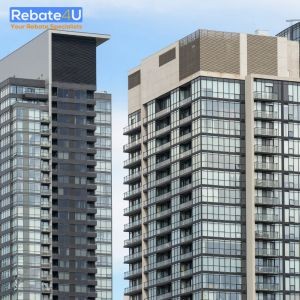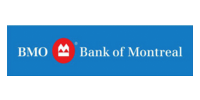Primary Residence Requirement
One of the most frequent reasons the CRA reclaims your rebate is when the home doesn’t meet residency rules. The HST rebate on new condo purchases is intended for people who occupy the property as their primary residence, not as an investment or rental property.
If you claim the rebate as a homeowner but later decide to flip or rent out the condo, the CRA may reassess your eligibility and demand repayment . This also applies if you initially claimed it, assuming you’d live there but never did. If this case applies to you, book a consultation with Rebate4U, and our team will provide personalized advice and support to help reverse the situation.
Using the Property as a Rental
If you apply for the HST rebate in Ontario as a primary residence but end up renting out the unit at that time, the CRA may require repayment. However, you may be eligible for the HST Rebate on rental properties known as the New Residential Rental Property Rebate (NRRP).
Incorrect Information on Application
Even honest mistakes can lead to repayment demands. If your application miscoded the property type, overestimated eligible costs, or misread relationship definitions, the CRA may reassess. Many rebate applications are flagged due to missing documentation, misreported usage, or unclear ownership records. If you’ve had mistakes on your application that have been flagged by the CRA, contact Rebate4U. Our team of experts help fix errors or help you avoid them entirely in the first place. If you’re considering applying for the HST Rebate in Ontario, contact Rebate4U.
Audit or CRA Review Findings
The CRA conducts regular audits and screenings of rebate applications. If they find inconsistencies or red flags, such as unlikely renovation timelines, non-primary-residence use, or related-party transactions, they can issue a reassessment requiring partial or complete return of the HST rebate on new condo purchases or HST rebates in Ontario.
Property Use ChangesAfter Rebates Were Issued
Sometimes, repayment requests occur later on. For example, if you receive the rebate, move into the condo, and then subsequently convert it to rental use shortly after, the CRA may reassess your eligibility retrospectively. The timeline for primary residence matters because if you don’t live in the property long enough, the CRA can demand repayment.
What to Do If the CRA Asks for Repayment
Don’t panic. Rebate4U advises that a CRA notice doesn’t necessarily mean fraud. It often flags documentation or eligibility questions that you can clarify. To mitigate trouble with your application for the HST Rebate on new condos, home renovations, etc, review your claim carefully. Double-check purchase documents, occupancy records, and completion of residence forms. Work with Rebate4U to ensure you provide the proper documentation and explore other options to identify opportunities for your appeal.
By understanding the eligibility rules of the HST Rebate, reporting accurately, and maintaining records, you can protect yourself from well-meaning mistakes and unexpected CRA reassessments. To simplify your application process and to ensure accuracy, talk to the Rebate4U team before you apply.











